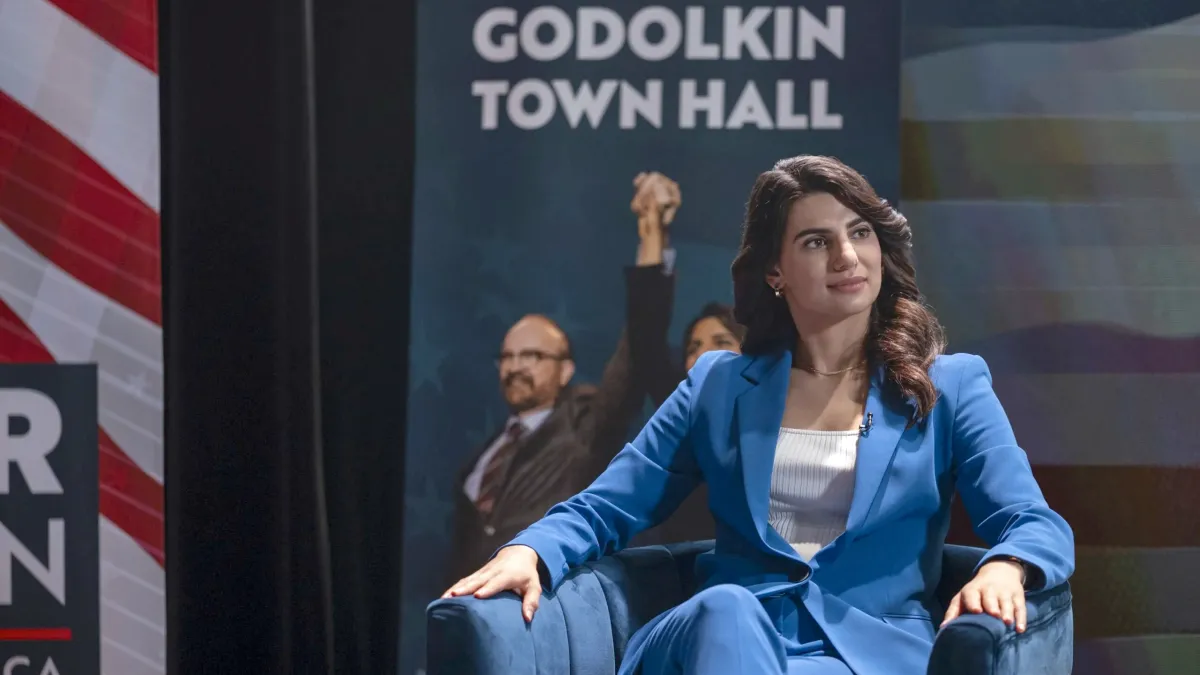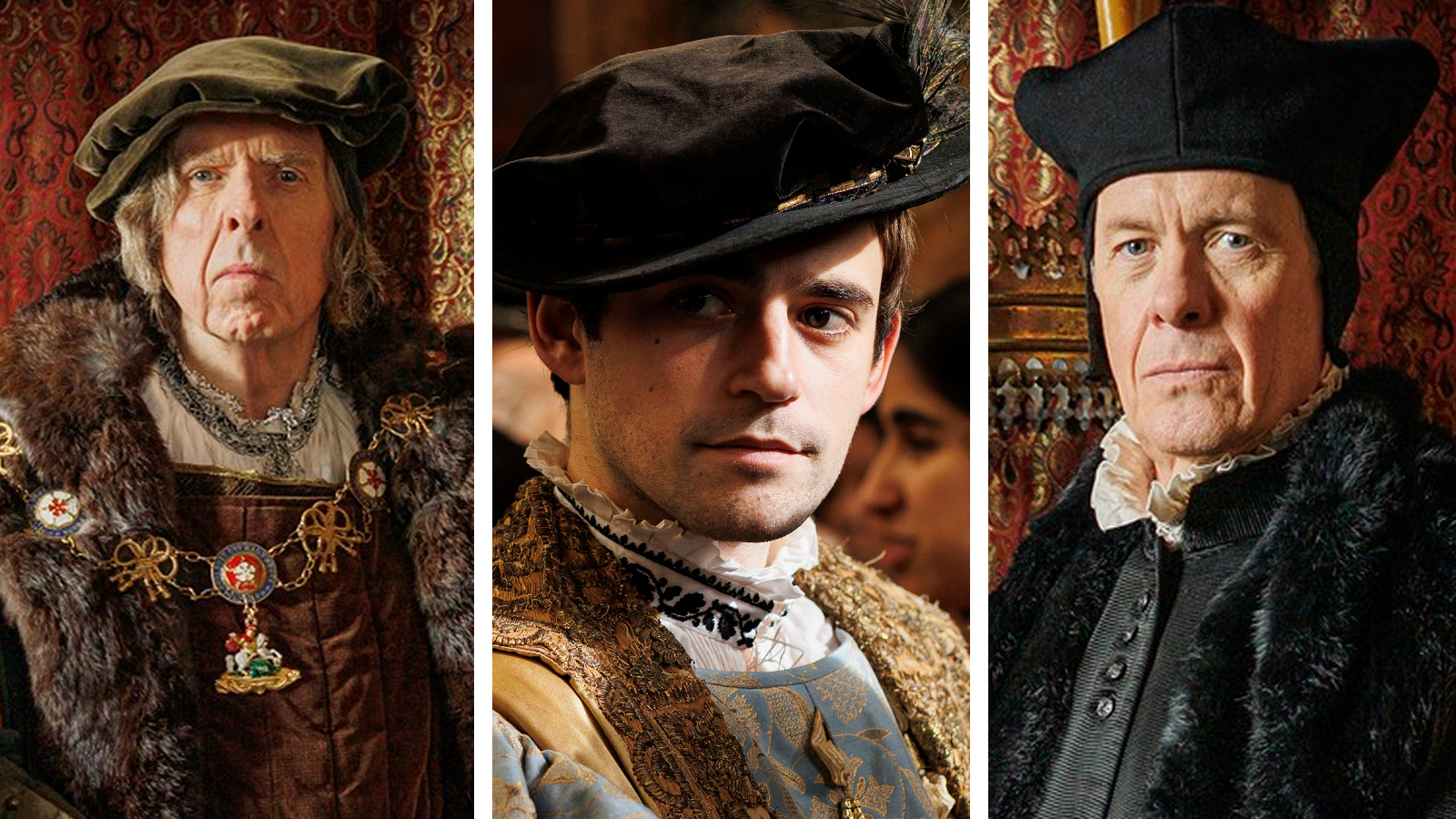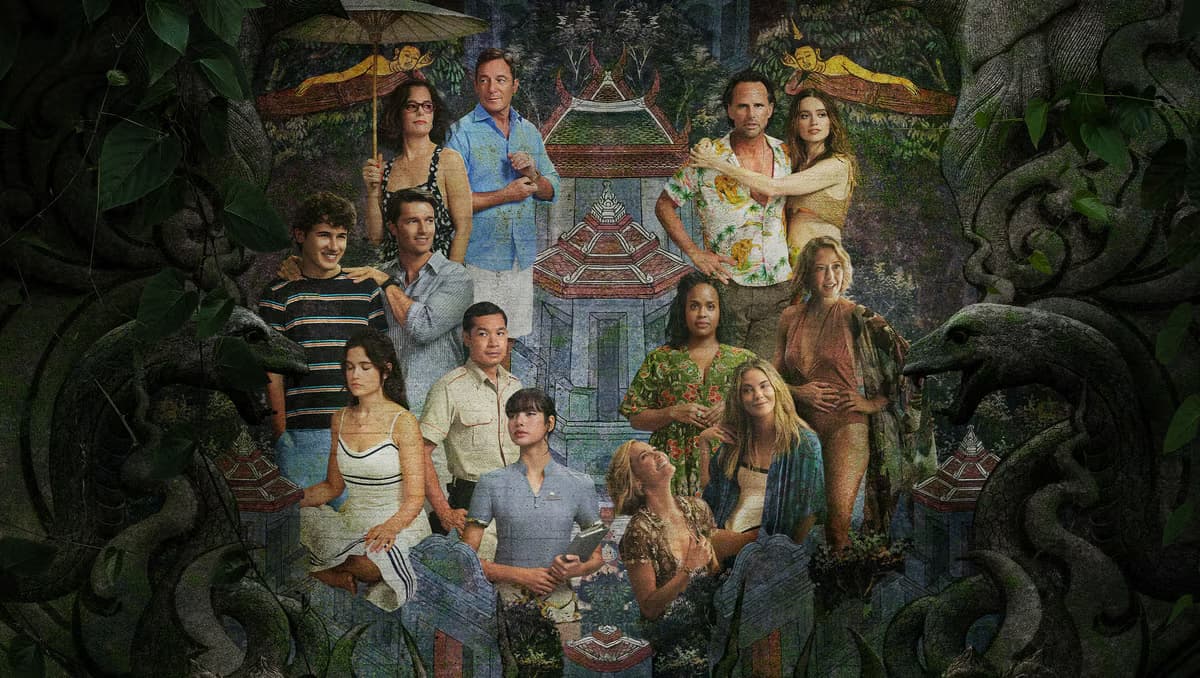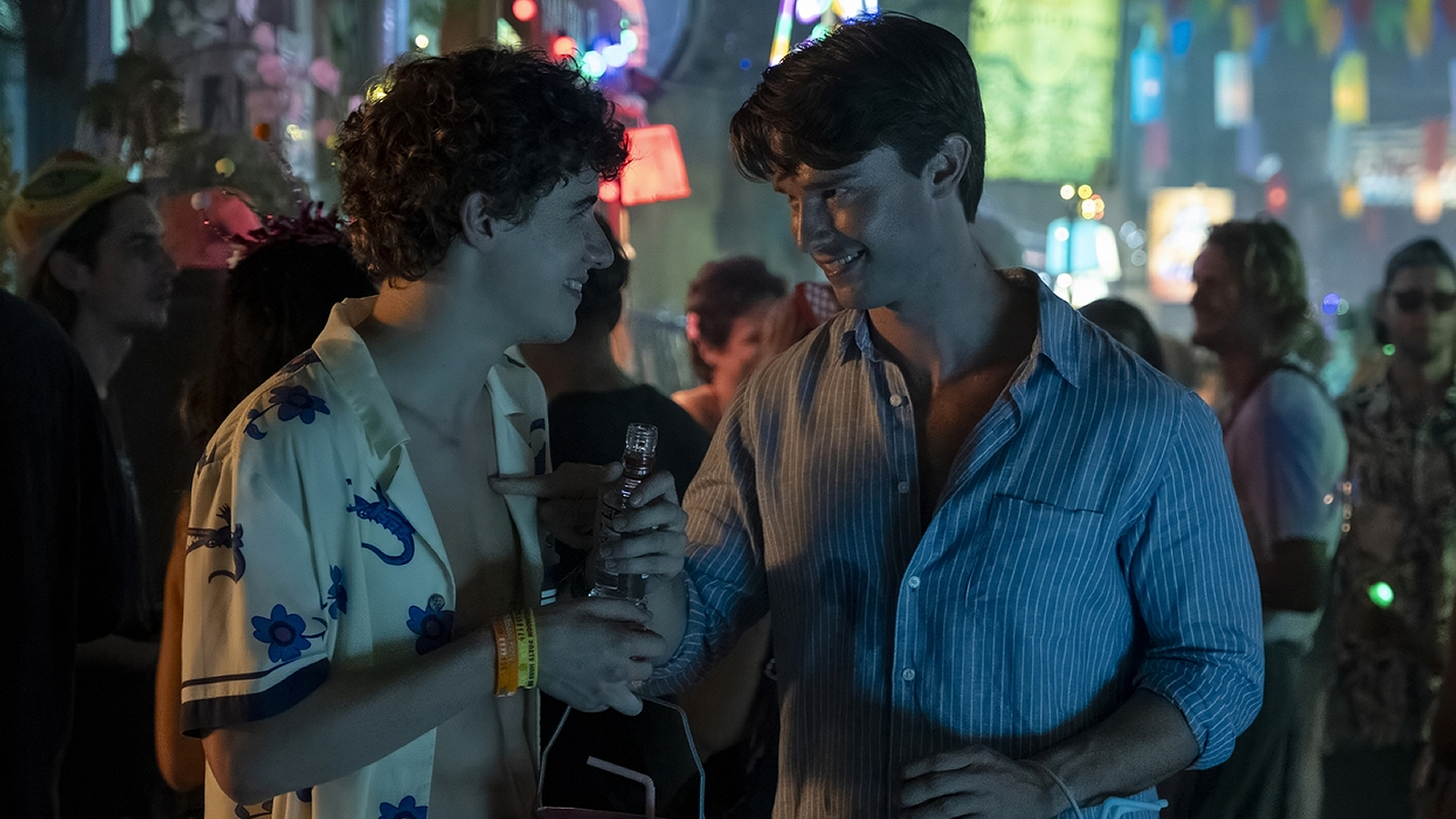This review and recap of Gen V Season 1, Episode 7, “Sick,” contains spoilers.
The penultimate episode of Gen V’s first season, “Sick,” is largely dedicated to setting up the finale. As such, it contains a number of sharp swerves and dramatic reveals. Most of these reversals are clever, and many set up interesting avenues for the finale. However, there is also a sense that Gen V’s first season might have been a bit stronger had these revelations been put in play earlier in the run.
Most dramatically, “Sick” brings the subplot focusing on Dean Indira Shetty (Shelley Conn) to a head. It explains her motivations and backstory, revealing that her husband and child were on Trans-Oceanic Flight 37, the plane that Homelander (Antony Starr) and Queen Maeve (Dominique McElligott) brought down during their botched rescue attempt in “The Female of the Species.” Motivated by that loss, Shetty plans to wipe out the entire superhuman population.
These are pretty significant stakes. In one of the two major cameos that “Sick” imports from The Boys, Shetty meets with Grace Mallory (Laila Robins). Although Mallory has been working for years to hold the superhuman community to task, she is horrified by Shetty’s plan. “What you’re describing goes beyond neutralizing,” she protests. “It’s a war crime.” She presses the point, “It’s genocide.” Mallory even makes a somewhat clumsy comparison between Shetty and Billy Butcher (Karl Urban).
This would seem to set up a suitably dramatic season finale, with a villain threatening to unleash a biological weapon that would kill thousands of innocent people. That seems to have been the direction that Gen V was always heading, with its skepticism about the human characters operating and overseeing Godolkin University. As Shetty warns the young heroes at the climax, “You’re not here to study. The school is here to study you. You’re subjects, not human.”
However, “Sick” pivots dramatically from this setup. The viral subplot is completely written out of the show. Cardosa (Marco Pigossi) passes the viral samples to Victoria Neuman (Claudia Doumit), the episode’s other big cameo from The Boys. Cardosa doesn’t realize that Neuman is a superhuman herself, pitching that the virus could be used for “compassionate control” of the caped community. Neuman takes the virus and murders Cardosa, effectively putting an end to Shetty’s scheme.
“Sick” also kills off Shetty. Forcing Shetty to confess her crimes, Cate (Maddie Phillips) snaps. At the episode’s climax, she forces Shetty to take her own life and prevents Marie (Jaz Sinclair) from interfering to stop it. It’s a rather abrupt end to a character that had been positioned as the season’s primary antagonist, and it cuts the legs out from under a villainous plan that had been fairly thoroughly seeded through the prior six episodes. It is a bold choice and a big swing.
Watching “Sick,” it’s hard not to think of The Falcon and the Winter Soldier. Although initially denied by head writer Malcolm Spellman, that show originally featured a plotline about a contagious disease that was hastily stripped out. Though Spellman still denies this decision was made in response to the global pandemic, there was a lingering question about whether audiences would want to watch escapist entertainment about an infectious disease in that context.
Gen V was conceived and produced during the pandemic. It was announced in September 2020 and was officially greenlit in September 2021. There was no version of this season that existed before the global pandemic. As such, the weird bait-and-switch with the viral plotline seems like a strange choice. Gen V tiptoes up to the idea of this deliberately unsettling central concept, only to pull back at the last moment. Shetty is revealed as a decoy antagonist. The virus is a red herring.
Of course, the season finale is next week. This puts “Sick” in a weird structural position. Not only does “Sick” have to jettison the characters and plot threads that had previously been set up as the driving force of the larger season, it also has to introduce an entirely new set of stakes and character dynamics to replace them. “Sick” has a lot of ground to cover. This makes the wheel-spinning in “Welcome to the Monster Club” and “Jumanji” particularly frustrating in hindsight.
It does this to varying degrees of success. It works better in concept than in practice. One of the bigger issues with this first season of Gen V has been the sense in which it exists in opposition to The Boys, aligning its sympathies with these superpowered characters rather than questioning and interrogating them. At various points in the season, Gen V has seemed hopelessly naïve, treating its godlike protagonists as tragic victims rather than as cautionary tales.
In a number of ways, “Sick” serves to reframe Gen V as a spin-off of The Boys. “Sick” plays the innocence and naivety of Gen V against the cynicism and pragmatism of its parent show. “I have a platform now, where I can help people,” Marie tells Neuman. “Isn’t that the entire point of being a superhero?” It’s a sequence that very consciously evokes Andre’s (Chance Perdomo) similar confrontation with his father Polarity (Sean Patrick Thomas) in “The Whole Truth.”
Neuman warns Marie against assuming that she has the power to leverage. As “the Guardian of Godolkin,” she is disposable. “But the first Black woman in the Seven?” Neuman proposes. “She has real power. She’s friends with the Vice President. That woman, she can make a real difference, politically, culturally. Maybe she can even find Annabeth. Two paths, Marie. You have to choose. You can’t have both.” Marie is confronted with the reality that her utopianism can only get so far.
More than that, “Sick” pointedly deflates the minority metaphor that has been running awkwardly through this first season, deliberately evoking the persecution of mutants in the X-Men franchise. News anchor Cameron Coleman (Matthew Edison) accuses Neuman of “persecuting one of America’s most prominent minority groups,” while Neuman promises instead to “allow the superhero community to have a seat at the table.” However, “Sick” illustrates the absurdity of this point.
Although superheroes might be a minority in strictly numerical terms in the universe of The Boys, they have enough influence, power, and cultural cachet that they can set the agenda. It is inherently absurd to present them as a persecuted minority. “Sick” finally grapples with this inherent contradiction. These superheroes aren’t a minority. They are an oppressive class. Rufus’ (Alexander Calvert) red baseball cap becomes a potent symbol. This is ultimately about superhero supremacy.
“Humans aren’t our fucking peers,” Rufus heckles during Neuman’s address. “Supe lives matter,” interjects Steve (Adrian Pavone), with the same trollish irony as “blue lives matter.” Rufus leads a chant of “you will not control us,” eerily close to real-life white supremacist language. “Why is everyone so angry?” asks Sam (Asa Germann) amid the unfolding chaos. “They’re trying to limit us, take away our power,” Rufus explains. That is the real fear: not oppression, but accountability.
This is all very interesting and compelling. As with “Welcome to the Monster Club,” it taps into something that feels very real and very true to modern American college life, with the spread of that sort of ideology to college campuses. For years, white supremacists have been using campus protests as a way to bolster their public profiles. Simultaneously, there has been a reactionary push back against attempts to fold anti-racist teaching into education.
This is fascinating and compelling stuff, and it is exactly the sort of thorny material perfectly suited to a college-based spin-off from The Boys. It is just a shame that it arrives so late in the season. Indeed, all this material just feels like a clumsy justification for Sam’s radicalization. Sam spends one afternoon with Rufus, and suddenly he’s spouting racialized talking points as though his time with Emma (Lizze Broadway) means nothing. “We’re better than humans,” he boasts.
Watching “Sick,” there is a sense that the episode is rushing through this material because it has to line up the big season finale. Every plot point needs to be aligned. It has to set up Cate and Sam as the season’s shocking villains, and it has to do that quickly. These developments don’t feel organic. They haven’t been entirely set up. It feels a little bit like “Sick” is hoping to shock the audience with some sharp twists, rather than treating these character beats as organic narrative choices.
Still, this sharp late-game pivot is an admirably bold choice from a season that has often seemed to be standing still. With the season finale around the corner, the ball is very much in the air. There’s a little turbulence, and it remains to be seen whether Gen V can land its plane better than Homelander and Queen Maeve.














Published: Oct 29, 2023 2:03 PM UTC